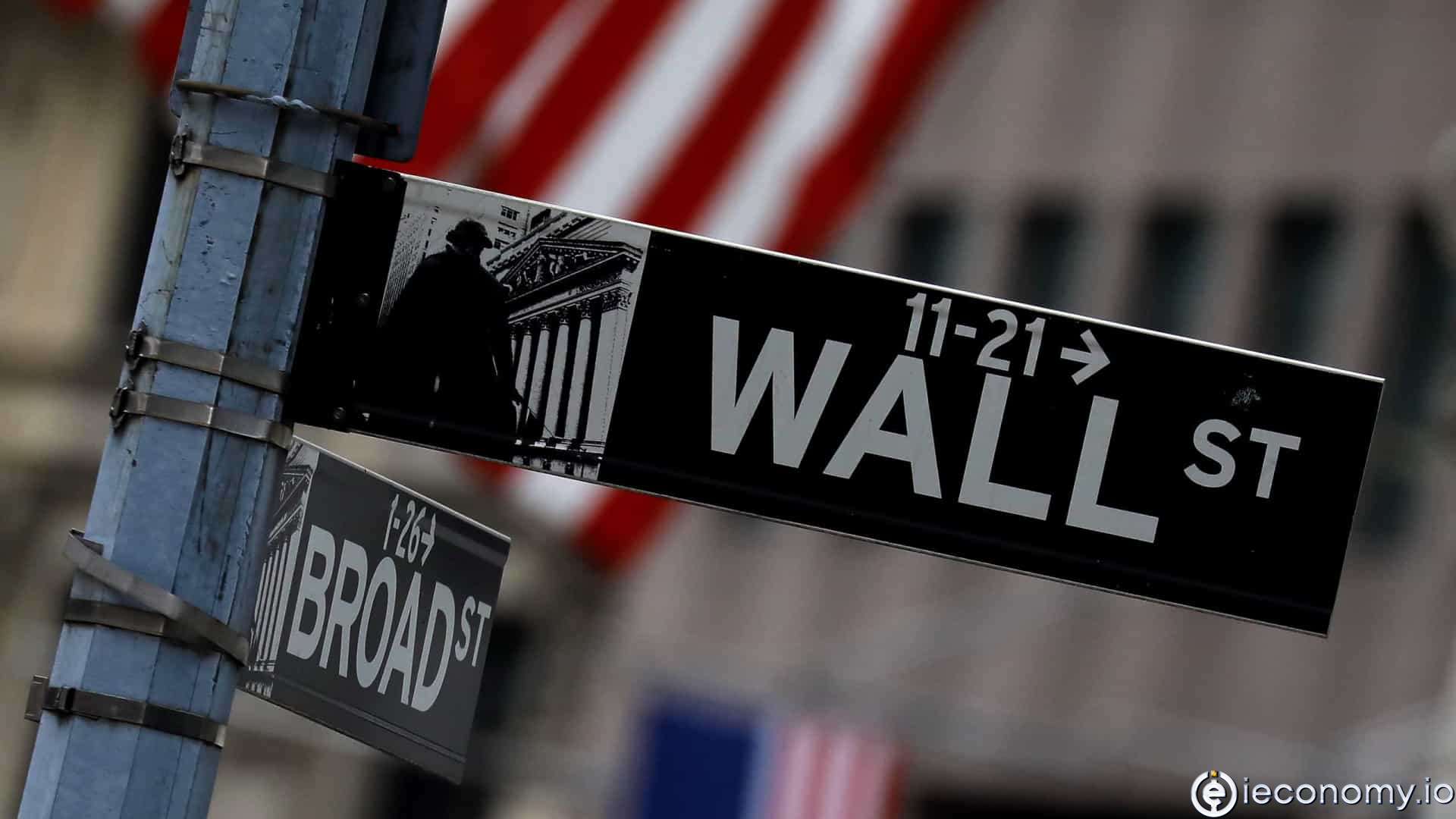4596
0
Wall Street closed with slight losses
Wall Street closed with slight losses. Nevertheless, market participants remain optimistic about the stock market.

Yazar: Tom Roberts
Yayınlanma: 3 Ağustos 2021 15:41
Güncellenme: 18 Şubat 2026 08:51
Wall Street closed with slight losses
Wall Street closed with slight losses. Profits from early business were mostly given back. Traders pointed to weak data across the board. After construction spending and the revision of the Markit purchasing managers' index for manufacturing, the much-noticed ISM index for US industry also failed to meet expectations in July. It revealed that US industrial activity slowed in July. Weak economic data were also reported from China. China's Caixin Manufacturing Purchasing Managers Index had dropped to its lowest level in 16 months. The Dow Jones index closed 0.3 percent lower at 34,838 points, the S&P 500 was 0.2 percent. The Nasdaq composite, however, gained 0.1 percent. There were a total of 1,501 (Friday: 1,290) course winners and 1,844 (2,021) losers. 125 (121) titles closed unchanged. The US policy had initially supported. Shortly before its summer break, the US Senate completed work on the legislative text on President Joe Biden's historic infrastructure package. There is increasing market hope that the Senate will pass the law in a few days. In addition, Fed representative Lael Brainard immediately ruled out monetary policy tightening and only promised them in the medium term. But with the weak data, this prospect appears in a different light. Nevertheless, market participants remain optimistic about the stock market: "The stars are good for the stock markets, because an excellent profit season is accompanied by record-low real returns and the hope that Congress will soon exert more fiscal pressure," said investment analyst Marios Hadjikyriacos from XM. With the Brainard statements, the dollar tended to weak, the dollar index lost 0.1 percent. The Fed governor currently sees insufficient progress to tighten US monetary policy. The labor market will probably only reach an important threshold towards the end of the year. The deaf assessments weighed on the dollar, especially since Fed colleague Neel Kashkari was also deaf. The gold price showed little change, tending to be supported by the weak dollar and the prospect of a more relaxed monetary policy in the short term. On the other hand, hopes for Chinese stimuli have weighed on the supposedly safe havens of gold and the dollar, it said. On the oil market, worries about the weakening economy in China with the new corona lockdowns predominated. In China, the demand for oil could suffer - exactly at the time when OPEC expanded its production, so traders about the falling oil prices. Economic worries in China were also played out on the bond market with rising prices. Yields fell to their lowest level since February.İLGİLİ HABERLER





European stocks soared and focus shifted to German retail sales after Powell's speech!

Forex Signal For TRY/USD: Inflation Slowdown in November.

Forex Signal For GBP/USD: Bullish Trend Still Not Breaking While Recovery Continues.

Forex Signal For EUR/USD: Starry US Data Points to Higher Fed Increases.

Forex Signal For BTC/USD: Downside Continues as Bitcoin Recovery Moves Less.
En Popüler Haberler
Yorum Yap
Yorumlar
Henüz yorum yapan yok! İlk yorumu siz yapın...